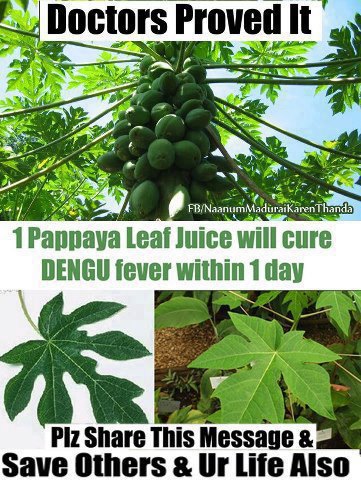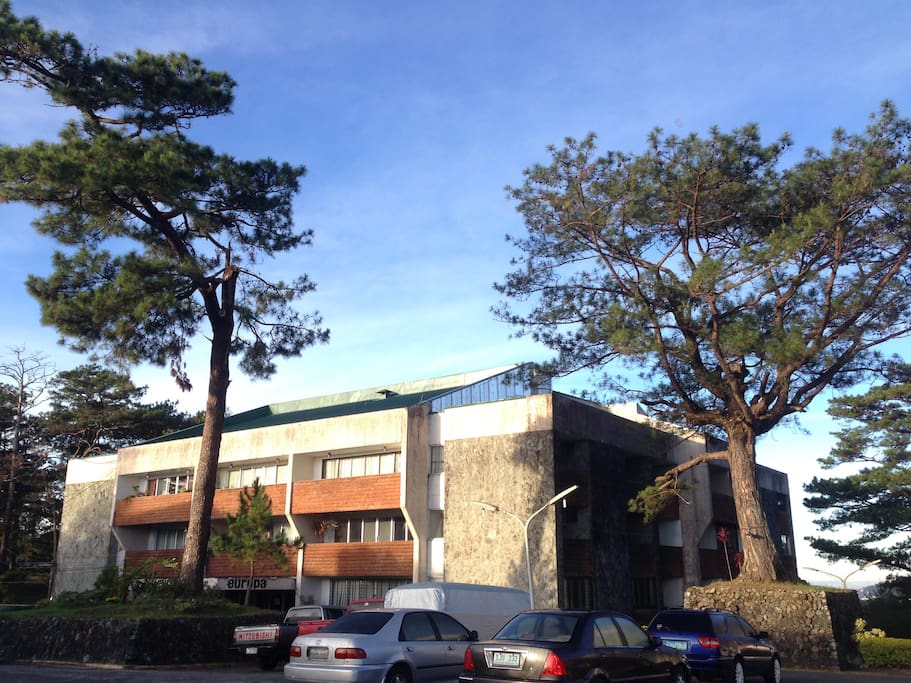
Department of Health – National Capital Region (DOH-NCR) Director Eduardo C. Janairo warns metro residents anew on the dangers of dengue as it has already taken seven lives in the first quarter of the year.
“We have to be reminded that dengue is perennial throughout the year, even during these very hot season, dengue-carrying mosquitoes are still very much present in our surroundings. That is why we must be vigilant and continually conduct cleaning activities inside and outside our homes so as not to be a victim of dengue,” Dr. Janairo warned.
Report from the DOH Regional Epidemiology Surveillance Unit (RESU) showed a total of 2,332 cases admitted from January 1 – April 13, 2013 which is 61% lower compared to the same period last year which is 5,948. There were 25 admissions for this week alone.
Most dengue cases are from the cities of Quezon (452), Manila (378), Caloocan (260), Paranaque (150), Pasig (137), Pasay (131), Malabon (119) and Valenzuela (109). Affected ages are from 1 month to 77 years old. Most of those affected are from 15-49 years old at 43%. Majority or 54% were male.
Janairo stated that DOH-NCR is continuously performing anti-dengue operations in areas where there is high prevalence of dengue cases. Spraying and misting activities and also clean up drives are being done on schedule in coordination with the city health office and local government units (LGUs) concerned. Spraying machines, chemicals and health education activities for dengue are also being given by the region.
He added that residents should make the necessary precautions like wearing long sleeves, using repellants, placing mosquito screens on windows and doors to avoid being bitten by dengue-carrying mosquitoes.
“The people should not be afraid of dengue because it can be controlled if not totally eliminated and all we need is the political will to do it. And the best way to do it is to make our surrounding clean and make it a habit to ensure that it is tidy at all times,” Janairo concluded.



